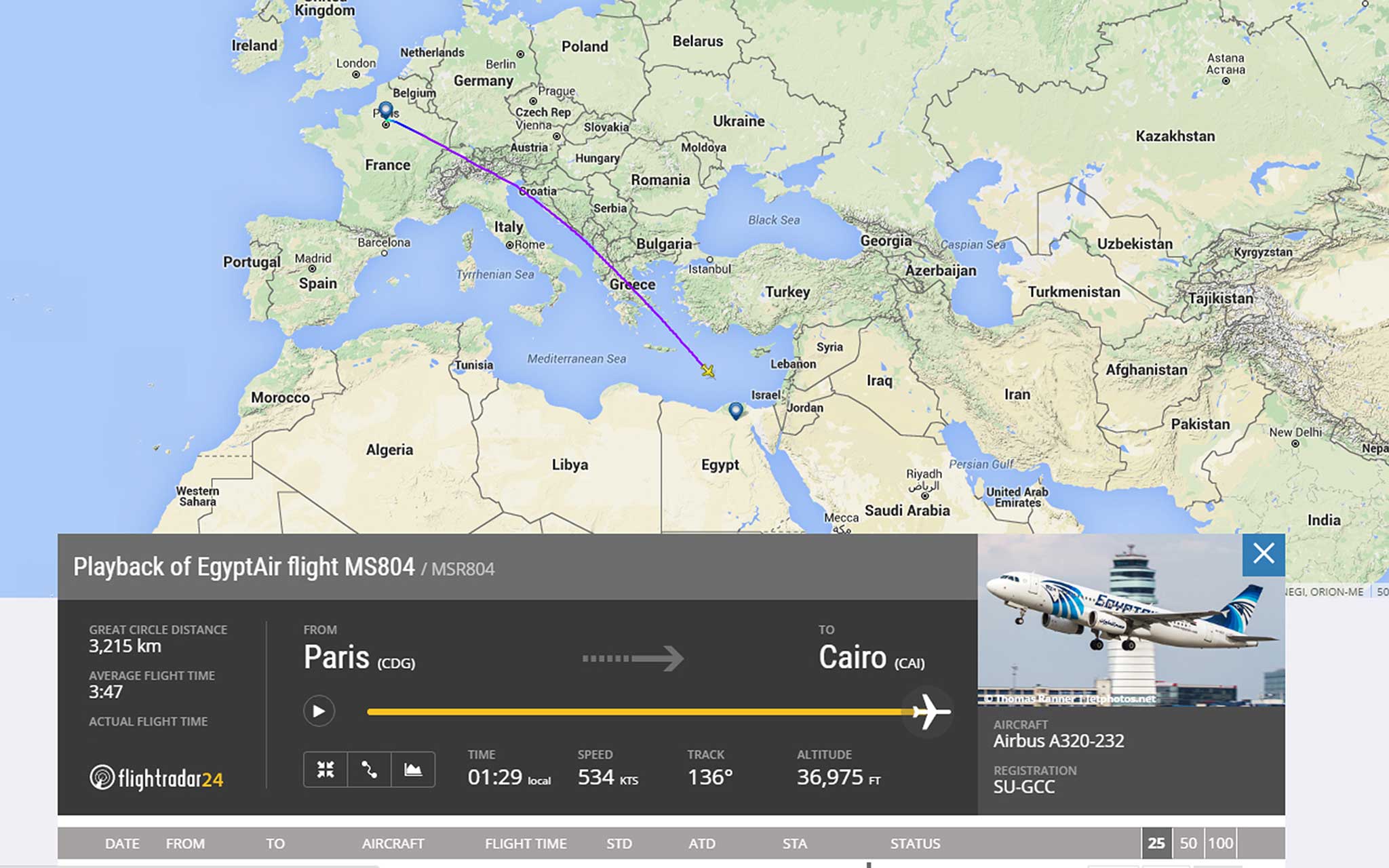EgyptAir flight MS804 crash may have been caused by an explosive device, experts say
'It has to be a catastrophic failure because everything went dead and they wouldn't have had time to get a message out'

Your support helps us to tell the story
From reproductive rights to climate change to Big Tech, The Independent is on the ground when the story is developing. Whether it's investigating the financials of Elon Musk's pro-Trump PAC or producing our latest documentary, 'The A Word', which shines a light on the American women fighting for reproductive rights, we know how important it is to parse out the facts from the messaging.
At such a critical moment in US history, we need reporters on the ground. Your donation allows us to keep sending journalists to speak to both sides of the story.
The Independent is trusted by Americans across the entire political spectrum. And unlike many other quality news outlets, we choose not to lock Americans out of our reporting and analysis with paywalls. We believe quality journalism should be available to everyone, paid for by those who can afford it.
Your support makes all the difference.Aviation and security experts have suggested that the disappearance of an EgyptAir flight from Paris to Cairo may have been caused by an explosive device.
There have been conflicting reports about whether the plane sent an emergency distress signal.
Air travel expert Julian Bray said no alert being made could mean the airliner suffered a "catastrophic failure" possibly as a result of an explosion.
Follow the latest updates with our live blog
He told the Press Association: "It has to be a catastrophic failure because everything went dead and they wouldn't have had time to get a message out.
"It's gone into the deepest part of the Mediterranean."
Will Geddes, managing director of private security firm International Corporate Protection, urged people to be "cautious" about assuming the disappearance was caused by terrorism because the flight had departed from Paris, which has suffered several attacks in recent years.
"There's a lot of concentrated focus on terrorist issues around Paris but one has to be cautious about drawing conclusions," he said.
But Mr Geddes added that even if it is confirmed the plane did give an emergency signal, that would not rule out terrorism as a possibility because an explosion would not necessarily have caused the immediate destruction of the plane.
"It would not have needed to be a large device - if it was a terrorist-related failure - to lose cabin pressure," he said.
Commercial airline pilot Chris McGee told Sky News there were only two circumstances that would prevent a pilot from contacting air traffic control.
"One would be if there was human intervention, if you are prevented from doing so by someone preventing you from doing that, which is a very, very, very unusual situation indeed," she said.
"The second possibility, which is also very unprecedented, is that something has occurred on the flight deck which means we are simply too busy, we have got to handle what is happening to the aircraft at that point in time and we do that first.
"The first thing you are taught is fly the airplane first, handle the problem, and then communicate. So if you have got your hands full that is potentially why you wouldn't talk to air traffic."
Join our commenting forum
Join thought-provoking conversations, follow other Independent readers and see their replies
Comments